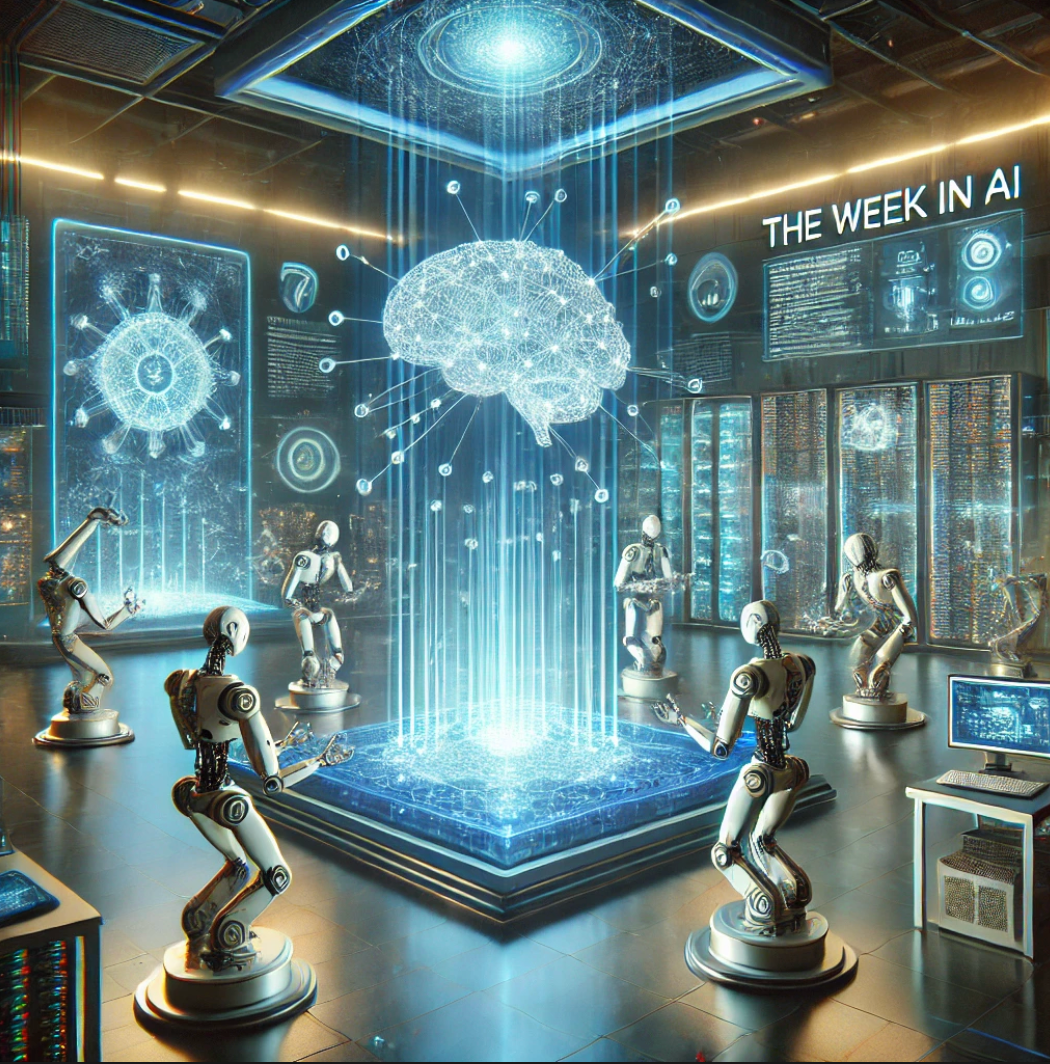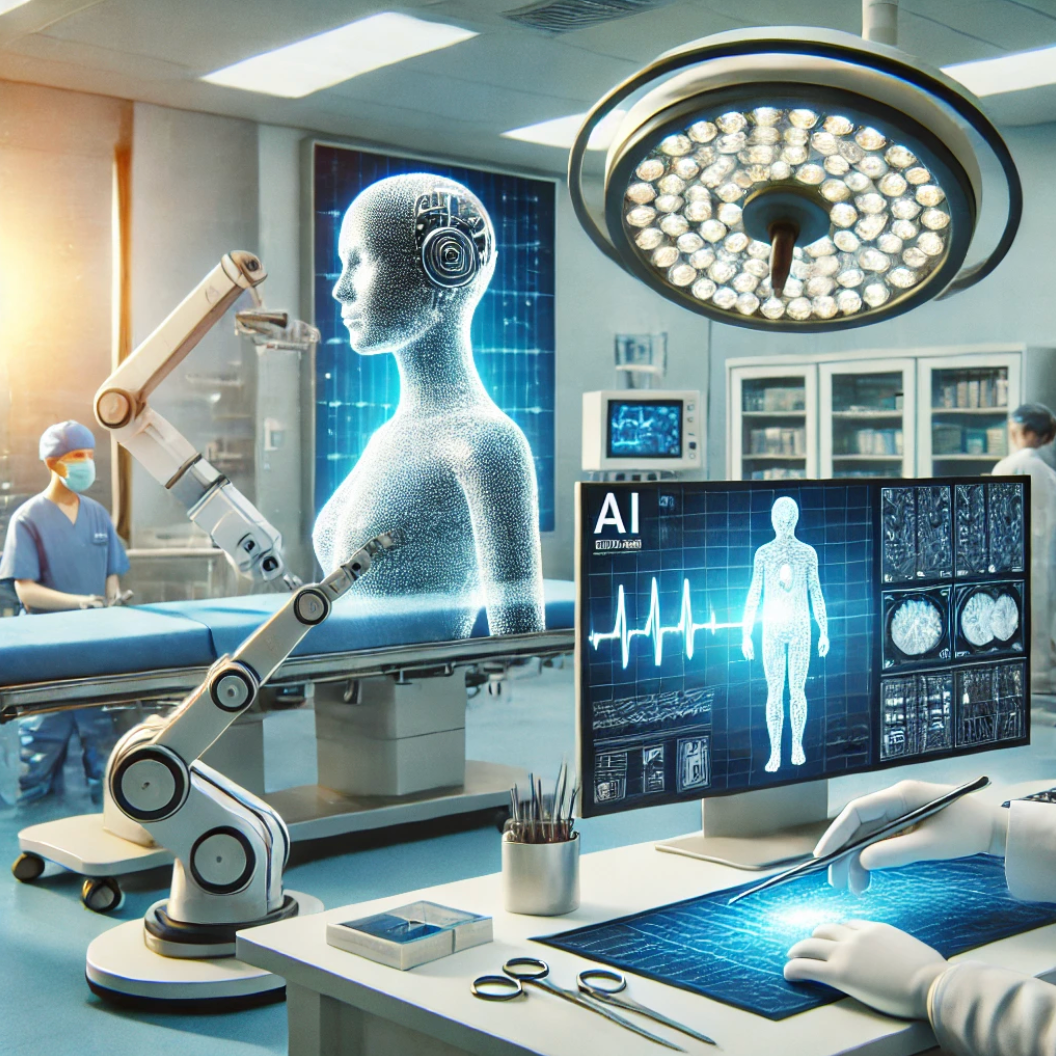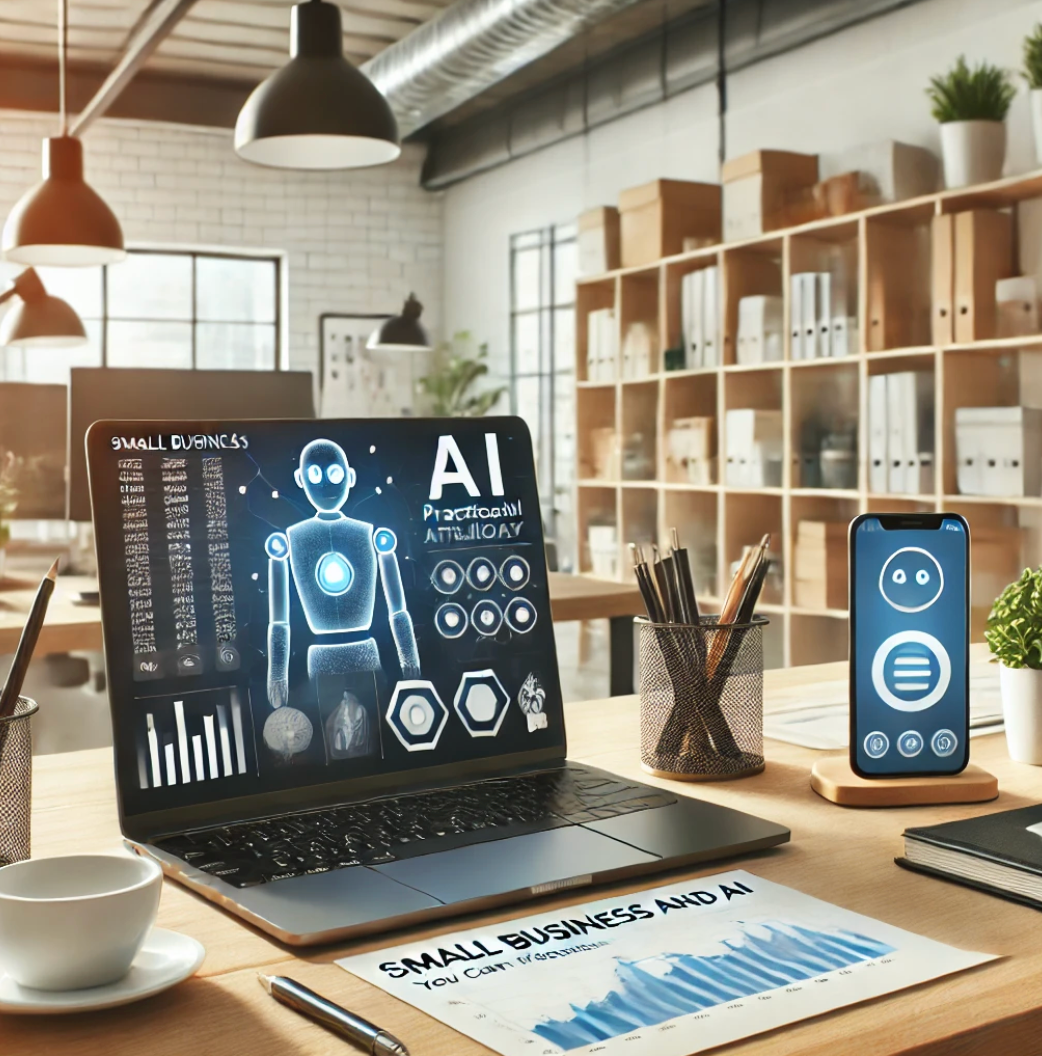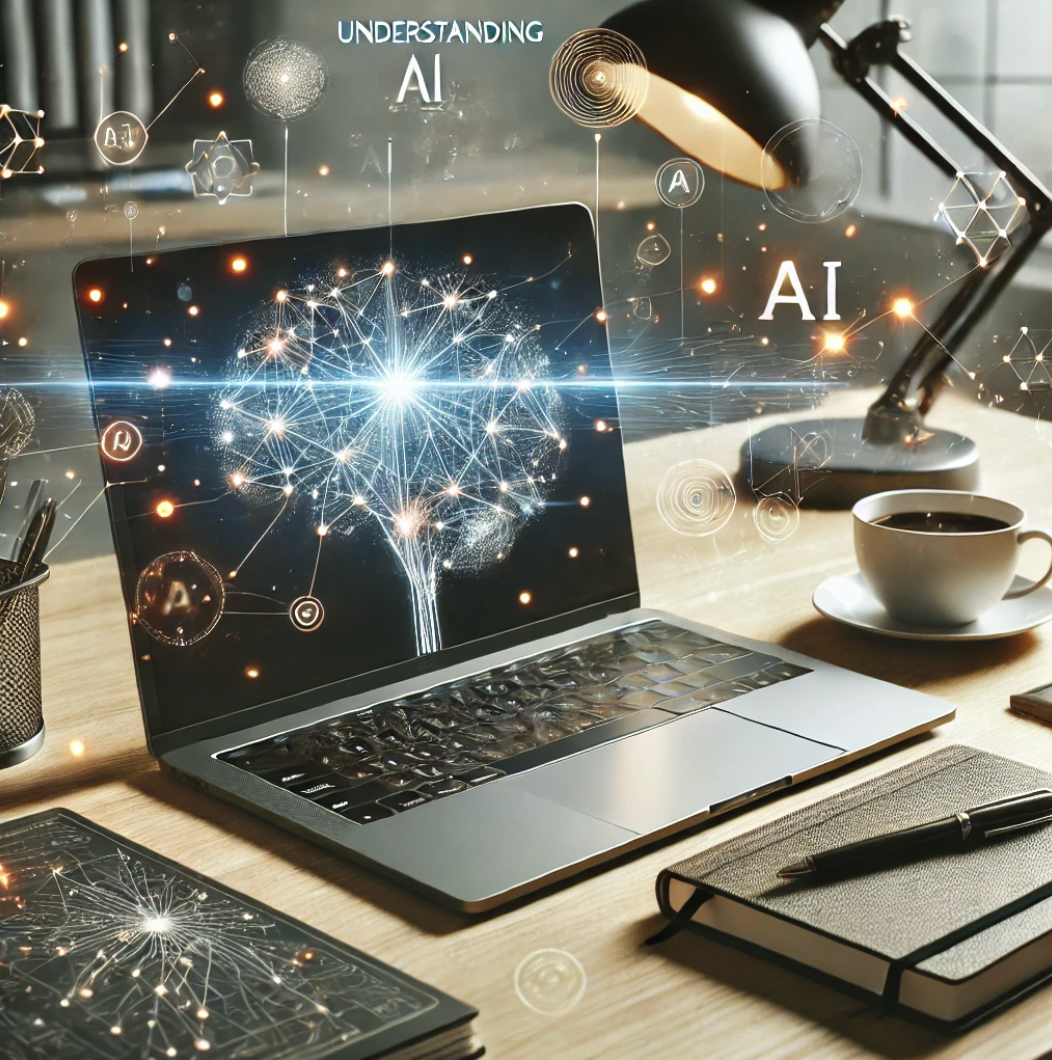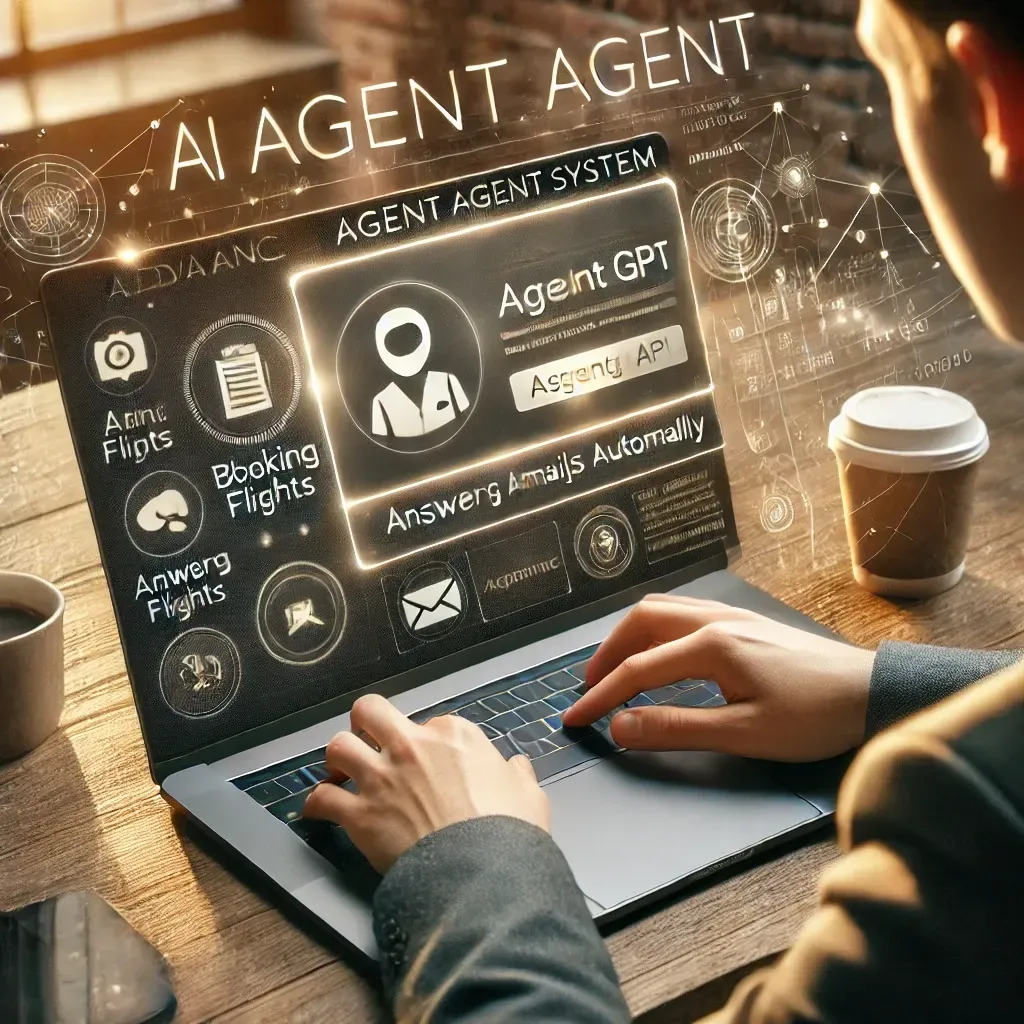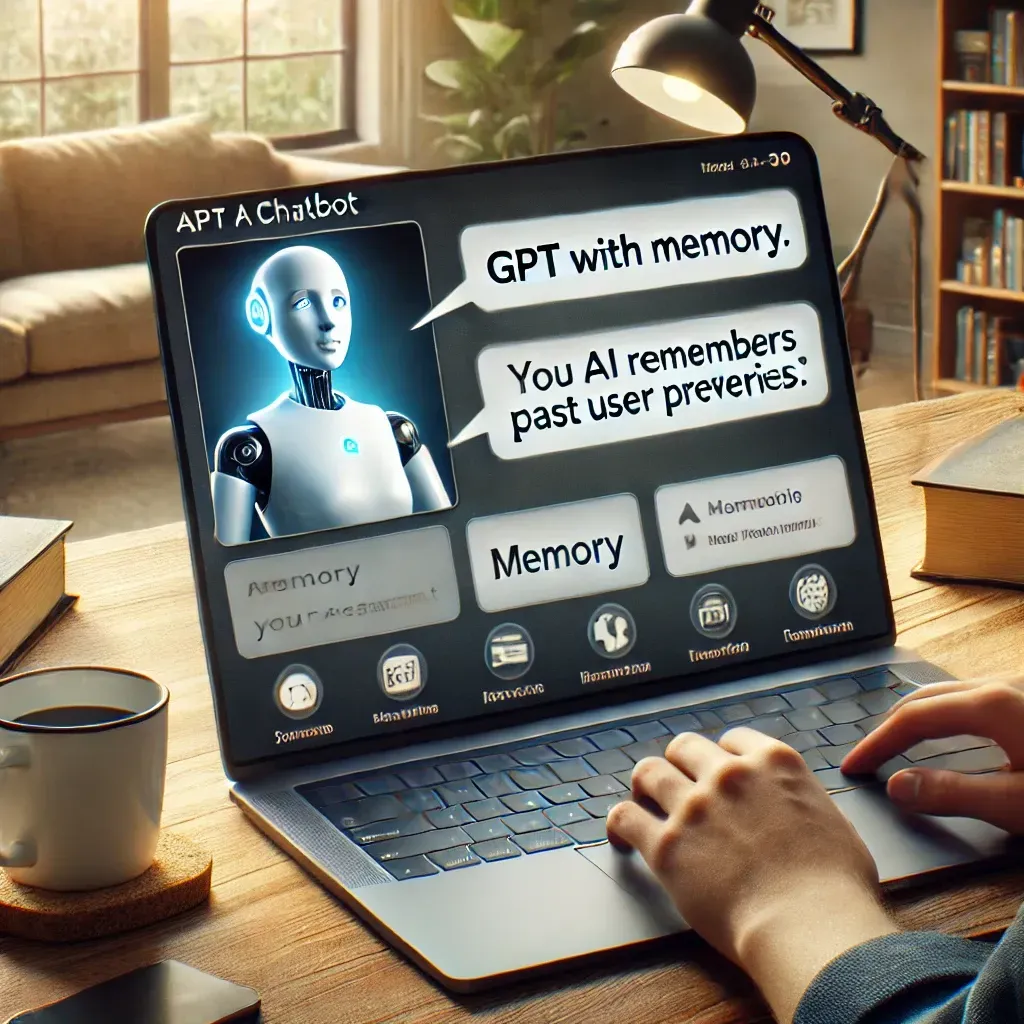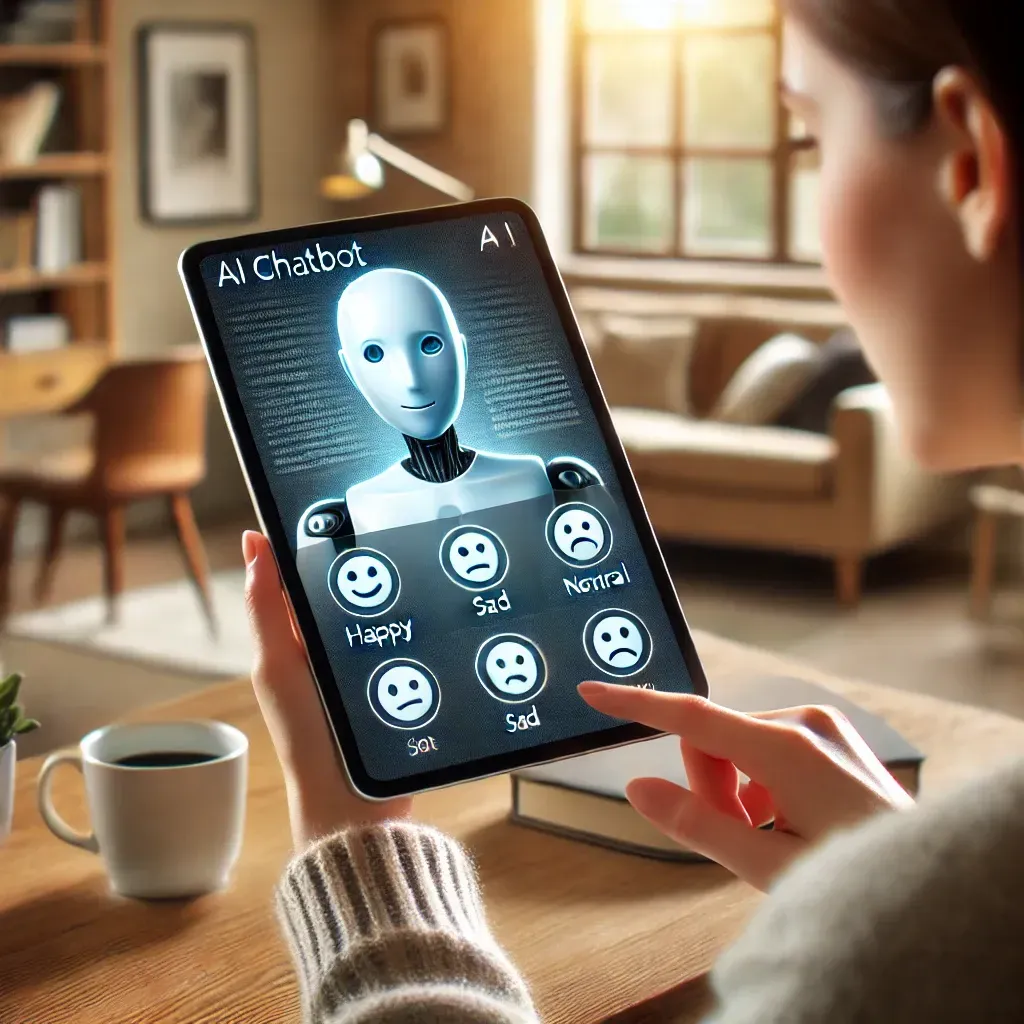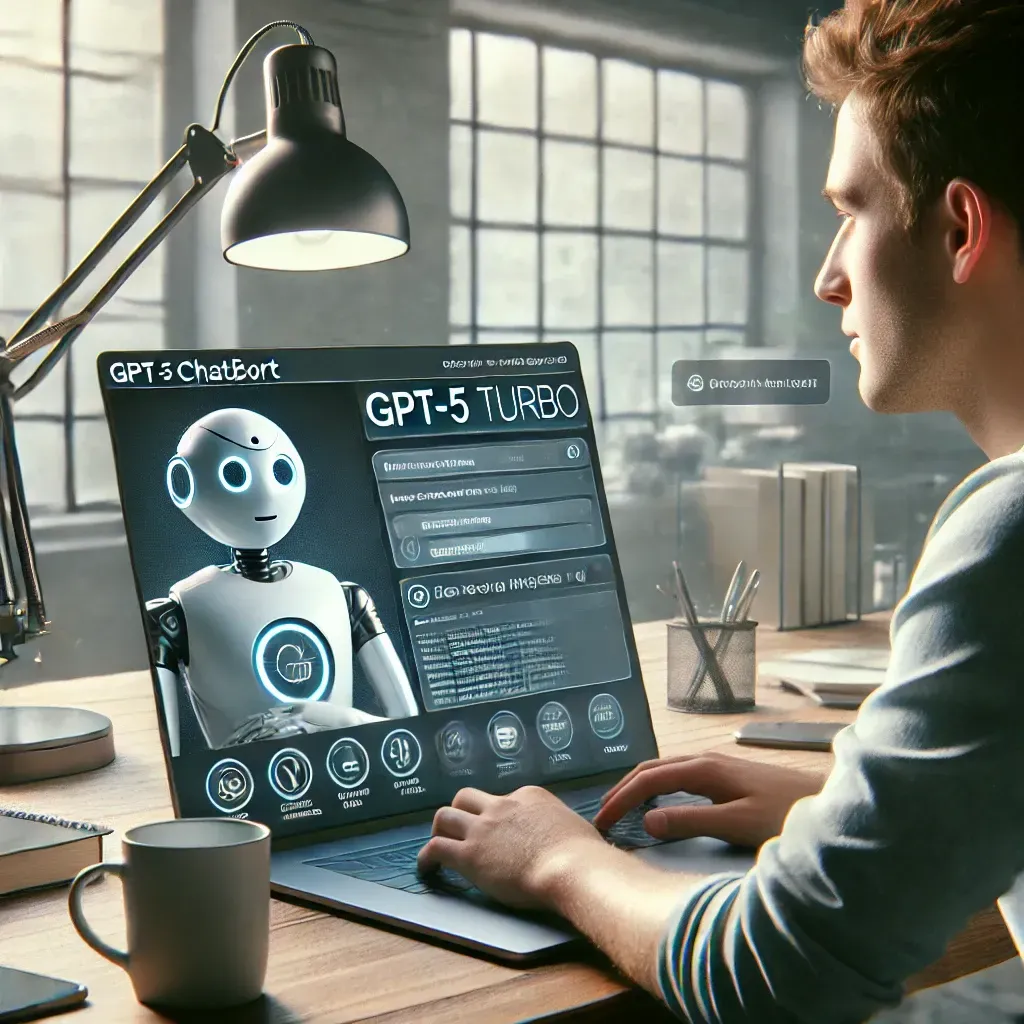From Code Companions to Sentient Speculation
This Week in AI: From Code Companions to Sentient Speculation
The world of Artificial Intelligence (AI) continues to evolve at a rapid pace. This week saw advancements in various sectors, pushing the boundaries of what AI can achieve. Let's dive into the 5 biggest AI news stories that grabbed our attention:
1. AI Assists Developers: Coding Companions Emerge as Productivity Boosters
For programmers, the struggle is real – endless lines of code, debugging challenges, and the constant search for efficiency. This week, the rise of AI-powered coding companions offered a glimmer of hope. These innovative tools act as virtual assistants for developers, providing real-time assistance and streamlining the coding process.
Here's how these AI coding companions are changing the game:
- Smart Code Completion: Imagine an AI that can predict what code you'll write next and suggest auto-completions for functions, variables, and even entire code blocks. This can significantly reduce typos and save developers valuable time.
- Context-Aware Error Detection: AI companions can analyze your code in real-time, identifying potential errors and bugs before you even run the program. They can explain the errors in plain English and suggest potential fixes, reducing debugging headaches.
- Knowledge Base Integration: Stuck on a specific coding problem? These companions can access vast libraries of code examples, tutorials, and documentation, offering relevant suggestions and solutions tailored to your specific challenge.
These AI coding companions are more than just fancy spellcheckers; they're intelligent assistants that can boost developer productivity and streamline the coding process.
2. AI Makes Strides in Drug Discovery: Accelerating the Search for Life-Saving Treatments
The traditional drug discovery process is slow and expensive. This week, AI emerged as a powerful tool for pharmaceutical companies, accelerating the search for new medications and treatments.
Here's how AI is revolutionizing drug discovery:
- Analyzing Massive Datasets: AI can analyze vast amounts of scientific data, including genetic information, protein structures, and existing drug compounds. This allows researchers to identify potential drug targets and predict the effectiveness of new molecules.
- Simulating Molecular Interactions: AI can simulate how potential drug molecules interact with proteins and other biological targets. This virtual screening process allows researchers to identify promising candidates without the need for extensive and time-consuming laboratory testing.
- Personalized Medicine Advancements: With the help of AI, researchers can analyze individual patient data to develop personalized treatment plans and predict how specific patients might respond to different medications.
AI has the potential to significantly reduce the time and cost associated with drug discovery, leading to the development of life-saving treatments faster than ever before.
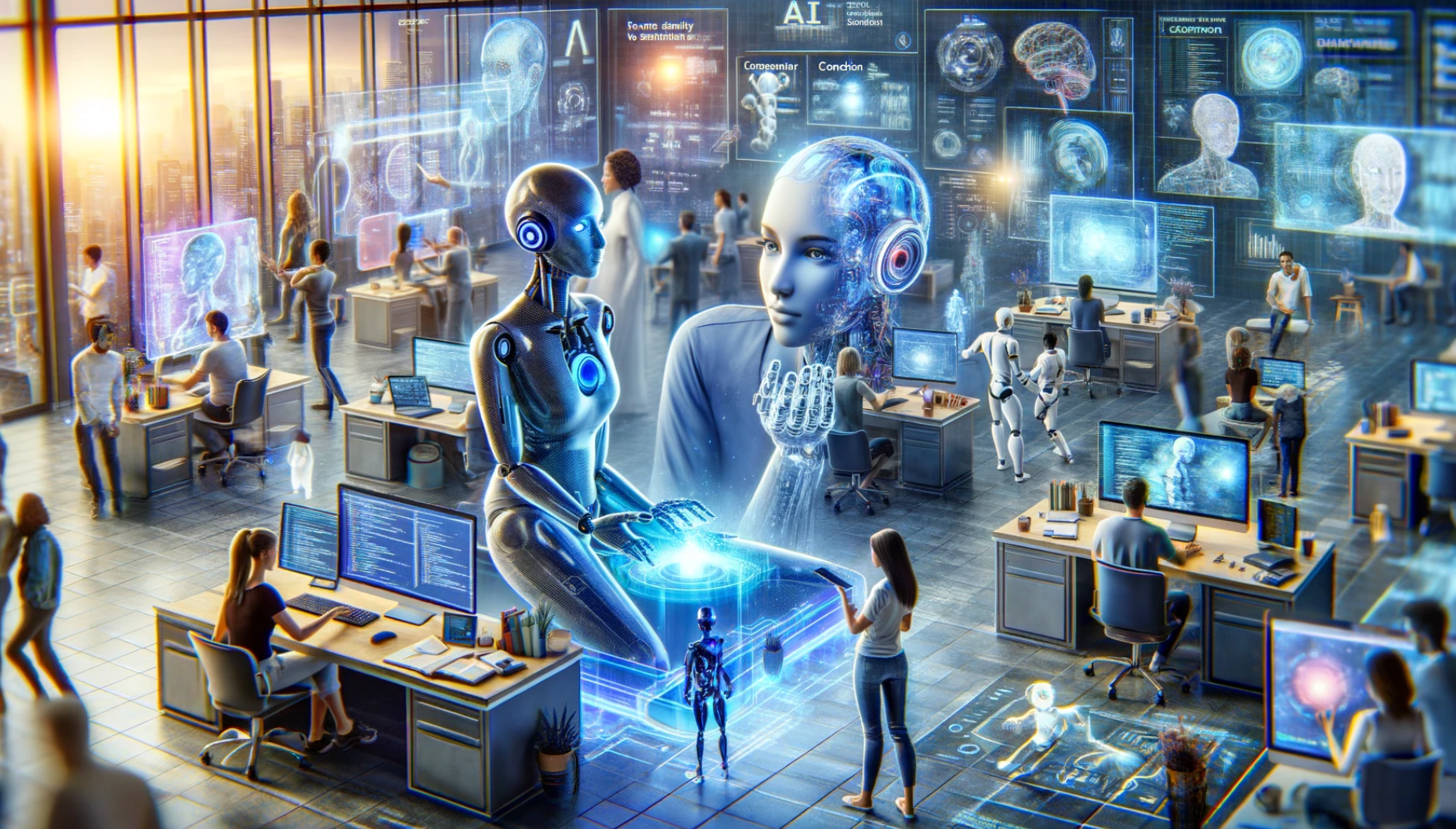
3. The Ethics of Sentient AI: Experts Debate the Future of Artificial Consciousness
As AI capabilities continue to grow, discussions about artificial consciousness have become increasingly prominent. This week, a group of leading AI researchers and ethicists gathered to discuss the potential implications of sentient AI.
Here are some key points from the debate:
- Defining Sentience: What exactly constitutes sentience in a machine? Experts grapple with the question of whether AI can truly experience consciousness or simply mimic its characteristics.
- The Risks and Rewards: Some experts warn of potential dangers associated with sentient AI, such as existential threats or loss of human control. Others believe sentient AI could be a powerful force for good, aiding in scientific discovery and problem-solving.
- The Need for Ethical Guidelines: The discussion highlighted the need for strong ethical guidelines to ensure the responsible development and deployment of AI, especially if it ever reaches a level of sentience.
The debate surrounding sentient AI raises important questions about the future of technology and humanity's place in it.
4. AI Makes its Mark on the Creative Canvas: From Music Composition to AI-Powered Art
The realm of creativity is no longer solely the domain of human artists. This week, AI made significant inroads into creative fields, demonstrating its ability to generate music, write stories, and even create stunning visuals.
Here's a glimpse into how AI is shaking up the creative landscape:
- AI-Powered Music Composition: Move over, Beethoven! AI tools can now generate original melodies, harmonies, and even full song structures. These tools can be invaluable for sparking inspiration, composing backing tracks, or even experimenting with new genres and styles.
- AI-Written Scripts and Stories: Struggling with writer's block? AI can help! New AI writing tools can assist writers by generating story outlines, character profiles, and even complete drafts. While they may not replace human creativity, they can be a valuable tool for overcoming writer's block and accelerating the creative process.
- Hyper realistic AI-Generated Art: The lines between reality and AI-generated visuals are blurring. AI can now create stunningly realistic images that mimic different artistic styles, from Renaissance paintings to modern photography. This opens up new possibilities for artistic expression and visual storytelling.
The integration of AI into creative fields raises interesting questions about the role of the artist. Will AI tools replace human creativity? Most likely not. Instead, they offer powerful tools that can enhance human creativity and push the boundaries of artistic expression.
5. The Rise of Hyper realistic AI-Generated Content
The ability of AI to create hyper realistic content extends beyond artistic endeavors. This week, advancements were made in AI-powered video generation, raising both ethical and technical considerations.
Here's what you need to know about hyper realistic AI-generated videos:
- Deepfakes Go Mainstream: AI can now manipulate videos with astonishing accuracy, creating "deepfakes" that make it nearly impossible to distinguish between real and synthetic footage. This technology has the potential to be used for entertainment and social commentary, but also for malicious purposes like spreading misinformation.
- The Need for Regulation: The rise of hyper realistic AI-generated content highlights the need for regulations to prevent its misuse. Measures to identify and authenticate synthetic media are crucial for maintaining trust and combating misinformation.
- The Future of Content Creation: AI-generated content could revolutionize the way we create and consume media. It could allow for more efficient and cost-effective video production, but also raises questions about media authenticity and the blurring lines between reality and simulation.
The potential applications and ethical considerations surrounding hyper realistic AI-generated content highlight the importance of responsible development and deployment of this powerful technology.
Don't Miss Out on the Cutting Edge of AI!
The field of AI is constantly evolving, offering exciting possibilities and complex challenges. Sign up for our newsletter to stay informed about the latest AI advancements, developments in creative AI applications, and in-depth discussions about the ethical considerations surrounding AI development.
Subscribe now and stay ahead of the curve in the ever-evolving world of AI!
